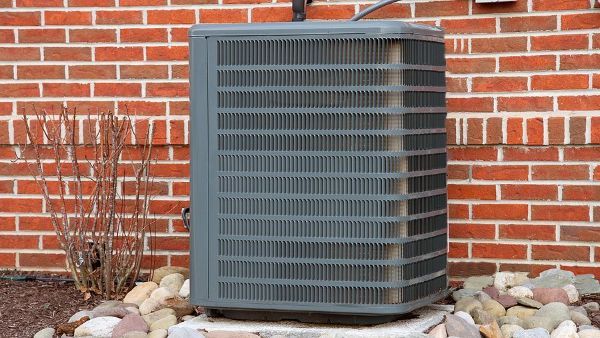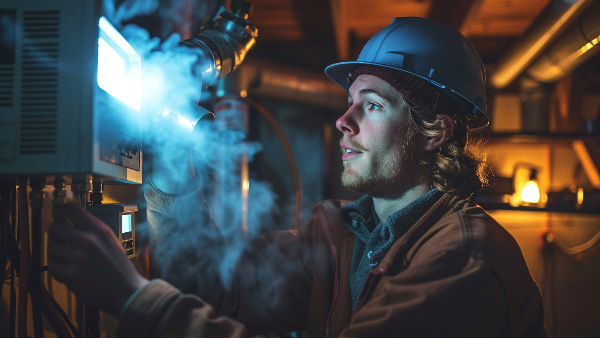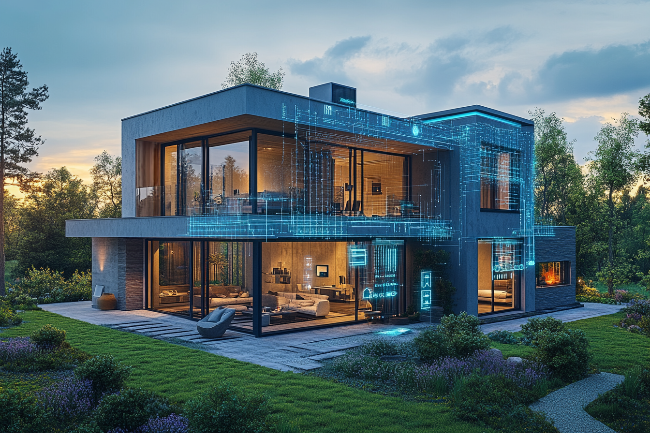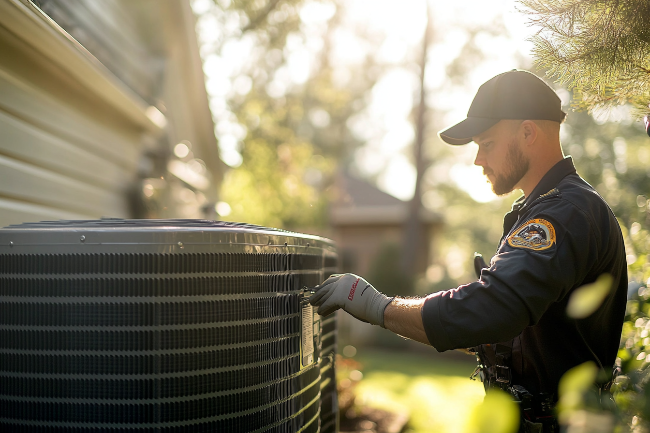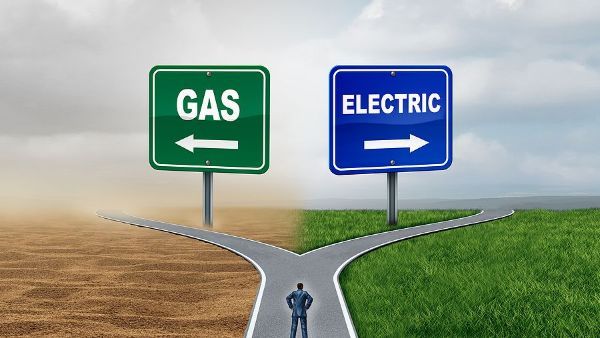GET A FREE QUOTE TODAY - (707) 228-9921
Ice, Water, and the Physics of Air Conditioning
From Ice and Water to HVAC: Advances in Air conditioning
When summer hits and the temperature rises into an uncomfortable range, it may seem that air conditioning is the greatest invention known to humankind. Rather than sweat it out, most people would prefer to contact an HVAC contractor Santa Rosa and have a system installed.
Air conditioning is essential in the summer and for those who live in tropical climates. Turn it on, and the house becomes comfortable. How does ac work and why is it called "air conditioning" and not "air cooling?"
The BTU
The cooling capacity of an air conditioner or HVAC system is rated in British Thermal Units. Before modern ac existed, people would cool their rooms with blocks of ice. Ice melts because it pulls heat from the air, thus dropping the temperature of the room. Air conditioning capacity was rated by the amount of ice that melted in cooling the room. Melting one pound of ice uses 143 BTUs. A BTU is equivalent to the amount of heat produced by burning a match all the way to the end.
An HVAC technician knows how to judge the number of BTUs required to cool a house and then can make a recommendation for the right system.
The Physics of AC
Fortunately, modern AC systems don't require tons of ice stashed all over a house. They work based on a principle of physics. When liquids evaporate into gas, they pull heat away from the surrounding air. You can test this yourself by placing one hand in lukewarm water and then holding it up in the air. The wet hand will feel cooler than the dry hand because the water is evaporating.
AC and refrigerators utilize this principle to cool the air. A liquid called a refrigerant, is circulated through the system. It is pumped through an evaporator coil, expansion valve, condenser coil, and compressor. As it circulates, it becomes a gas, pulling heat from the room. It then condenses back into a liquid, releasing the heat outside.
This continuous cycle keeps pulling heat from the room until the temperature reaches the setting on the thermostat. It's the same principle as the ice method, but more efficient.
The Effect of Humidity
Watching a weather report in the summer in addition to the temperature, you will see the relative humidity and how it makes the air feel hotter. There is always water vapor in the air and humidity is the measure of how much of it there is.
When you sweat, the moisture evaporates and takes heat away from your body. The higher the humidity, the longer it takes for liquids to evaporate. This is why it feels hotter on humid days. The sweat sits on your skin, making you feel sticky and hot.
Lowering the amount of moisture in the air is another way to make it feel cooler. Air conditioning can help do that.
Air Conditioning, Not Cooling
The term "air conditioning" was coined by a major player in the textile industry, Stuart W. Cramer in 1906. He used the term in a speech he made at the American Cotton Manufacturers Association convention. Cramer invented the first air conditioning system in the South and installed it in his North Carolina cotton mill. His intention was to reduce the humidity, making it easier to spin yarn. It was a success. Cramer called it air conditioning because it improved the quality of the air by lowering humidity rather than just cooling it.
The Rise of Air Conditioning
To say that Stuart Cramer's invention caught on would be an understatement. AC is considered one of the top inventions of all time and is partially credited with the population growth in the hot, southern parts of the country.
As AC systems evolved and became more affordable, more people bought them. By the decade of the 50s, more than a million individual air conditioning units had been sold. In the late 70s, more than half of newly constructed homes were built with HVAC systems.
Today, 93% of new builds include HVAC. In the South, that number is 99%. Being comfortable at home on hot days is essential to a high quality of life.
Summer is a time for outdoor fun. When the mercury rises too high, you want to be able to retreat to a cool house with low humidity. Contact
Next Level HVAC. Our expertise and experience will help you choose the right system to keep your home cozy year-round.
Comments
More Posts That Might Interest You
Take Your Home Comfort To The Next Level
Whether you need your furnace replaced or your AC repaired, we've got you covered.

Next Level Heating & Air Conditioning Inc.
© 2018 Next Level Heating & Air Conditioning. All rights reserved.
Website Design and SEO by Fitz Designz

